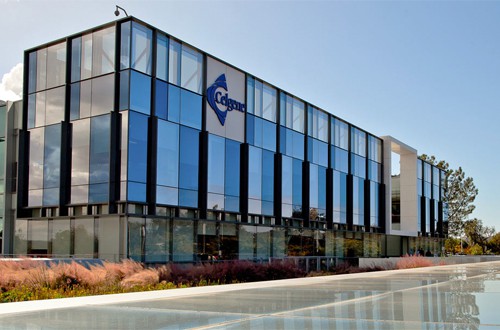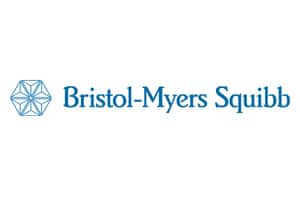

The biopharma mega-merger is back: Bristol-Myers Squibb is to pay $74bn to acquire Celgene in a deal which will shake up the sector and create a new leader in oncology.
Both companies have been talked about as possible M&A instigators or targets for the last few years, so the tie-up hasn’t come as a complete surprise, nevertheless the sheer scale and likely impact for competitors is huge news for the sector.
BMS and Celgene have each had their travails in recent times: BMS has seen its first-to-market immunotherapy Opdivo overtaken by Merck & Co’s rival Keytruda, while Celgene suffered numerous setbacks in 2018 as it sought to grow beyond its myeloma blockbuster Revlimid.
Once cleared, the deal will create a combined company with revenues in excess of $34bn, making it the sector’s fourth biggest firm behind Pfizer, Novartis and Roche.
BMS chairman and CEO Giovanni Caforio will lead the new company, which he and Celgene’s CEO Mark Alles say will create synergies across the businesses, worth $2.5bn a year by 2022.
While two members of the Celgene board will join the newly merged leadership, the deal is likely to spell an exit of Mark Alles, who has weathered criticism for his company’s slip-ups, including the botched filing of MS candidate ozanimod a year ago.

BMS CEO Giovanni Caforio
“Together with Celgene, we are creating an innovative biopharma leader, with leading franchises and a deep and broad pipeline that will drive sustainable growth and deliver new options for patients across a range of serious diseases,” said Giovanni Caforio.
He says the combined company will be able to enhance its positions across the portfolio, including in the most lucrative but also intensely competitive cancer and immunology and inflammation therapy areas.
The deal will see BMS acquire Celgene in a cash and stock transaction with an equity value of around $74 billion. Celgene shareholders will receive 1.0 Bristol-Myers Squibb share and $50.00 in cash for each share of Celgene. Celgene shareholders will also receive one tradeable Contingent Value Right (CVR) for each share of Celgene, which will entitle the holder to receive a payment for the achievement of future regulatory milestones.
The Boards of Directors of both companies have approved the combination, and they anticipate the merger gaining final regulatory approval in the third quarter of 2019.
Its late-stage pipeline will include six expected near-term product launches, and BMS says Celgene’s pipeline can contribute around $15 bn in near-term annual revenue.
Two of Celgene’s most promising candidates are in BCMA-targeting CAR-T therapies for multiple myeloma – one with Bluebird, bb2121, and another with Juno, JCAR017.
It also TYK2 and ozanimod in immunology and inflammation, and two more in haematology: luspatercept and fedratinib.
The takeover and its implications – including possible similar moves among competitors – will undoubtedly be the talk of next week’s now traditional kickstart to the year, the JP Morgan healthcare conference in San Francisco.
The deal eclipses another big M&A deal, the $62bn takeover of Shire by Takeda, which began in 2018 and is expected to be formally completed with the next few days.
The BMS-Celgene tie-up is of particular importance because of BMS’ lead role in cancer immunotherapy, and Celgene’s longstanding role as a ‘big biotech’ bellwether for the sector. Their combination will unquestionably cause heated discussion in rival’s boardrooms, particularly the industry’s oncology leaders, Roche and Novartis and Merck & Co.




